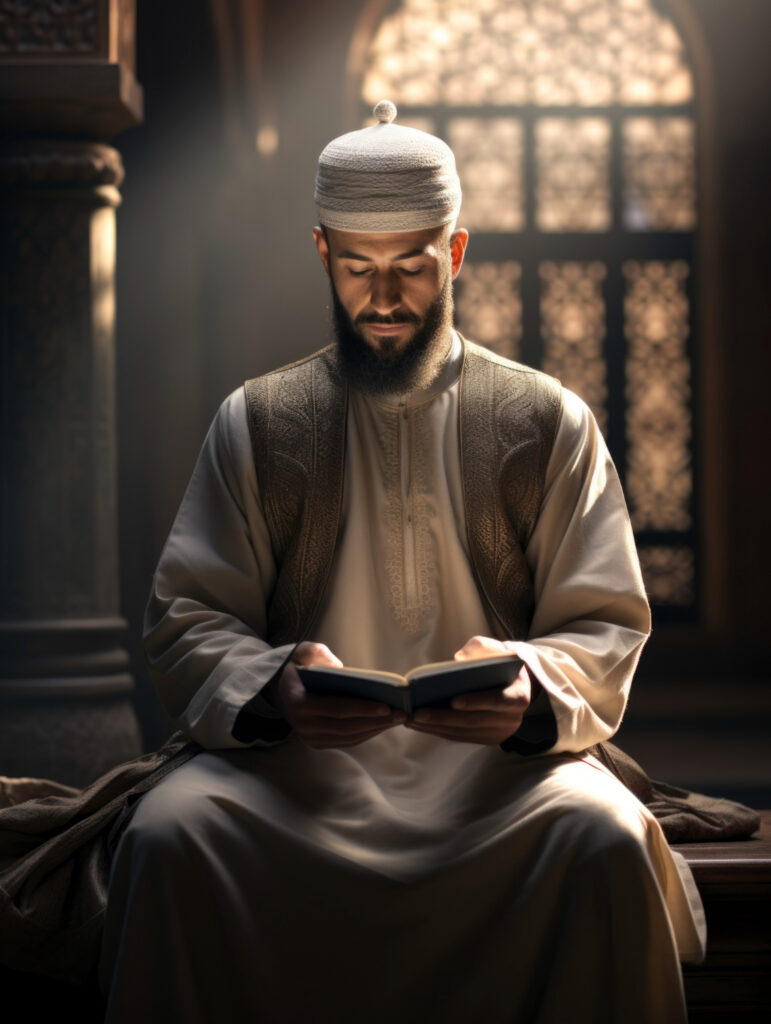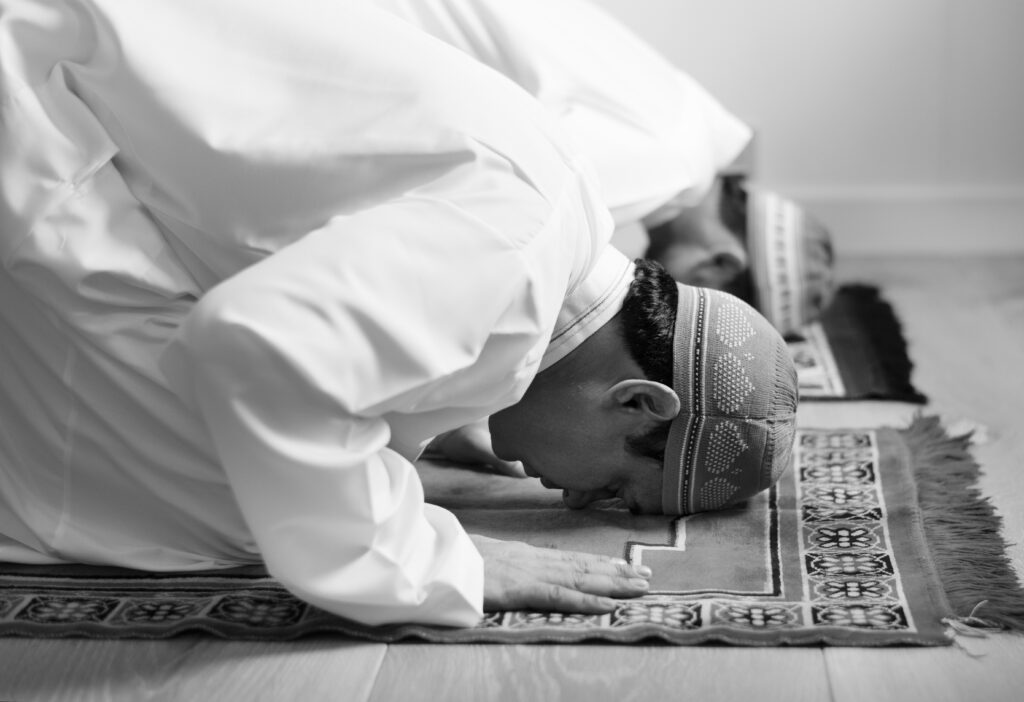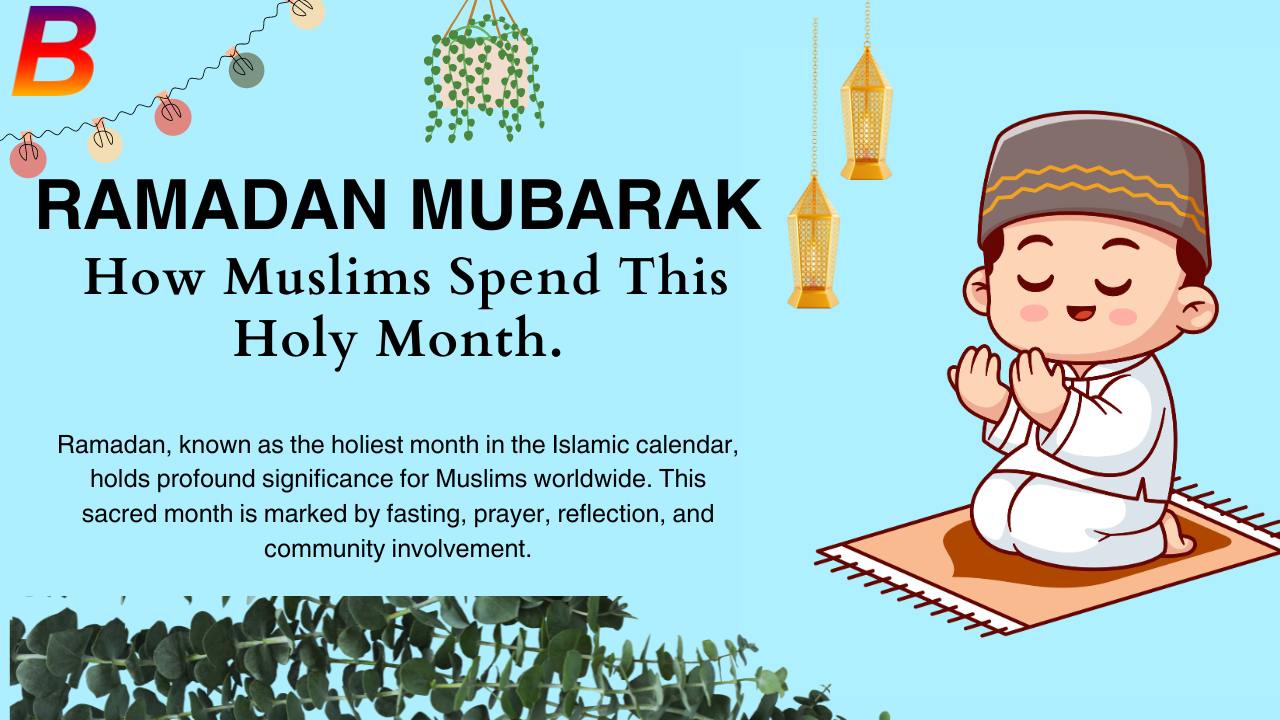Table of Contents
How Muslims Celebrate Ramadan and What is Ramadan | RAMADAN 2024
Ramadan, known as the holiest month in the Islamic calendar, holds profound significance for Muslims worldwide. This sacred month is marked by fasting, prayer, reflection, and community involvement. In this article, we delve into the rich tapestry of traditions and customs associated with Ramadan, exploring its origins, rituals, and the ways Muslims celebrate this spiritual journey.

Introduction to Ramadan
Ramadan, the ninth month of the Islamic lunar calendar, is a time of deep spiritual reflection and heightened devotion for Muslims around the world. It commemorates the revelation of the Quran to Prophet Muhammad (peace be upon him) and is observed by abstaining from food, drink, smoking, and other physical needs from dawn until sunset. The fast is not merely about refraining from physical nourishment but also encompasses spiritual purification, self-discipline, and empathy towards those less fortunate.
Origins of Ramadan
The roots of Ramadan trace back to the time of Prophet Muhammad (peace be upon him) in the 7th century CE. The Quranic verse (2:185) mandates fasting during the month of Ramadan as an obligation upon all adult Muslims, except for those who are ill, travelling, pregnant, nursing, or menstruating. Fasting during Ramadan is considered one of the Five Pillars of Islam, fundamental acts of worship that shape a Muslim’s faith and practice.
Fasting during Ramadan
Fasting during Ramadan entails refraining from food, drink, smoking, and intimate relations from dawn (Fajr) until sunset (Maghrib). It serves as a means of spiritual purification, self-discipline, and empathy towards those who are less fortunate. Muslims believe that fasting allows them to draw closer to God, seek forgiveness for past sins, and develop compassion for the needy.
Suhoor and Iftar
Two essential rituals of Ramadan are Suhoor and Iftar. Suhoor is the pre-dawn meal consumed before the Fajr prayer, while Iftar is the breaking of the fast at sunset. These meals hold special significance as they symbolize the community’s unity and solidarity. Families and friends gather to share these moments, strengthening bonds and fostering a sense of belonging.

Spiritual Aspects of Ramadan
Ramadan is not merely about abstaining from physical needs but also about nurturing the soul. Muslims dedicate additional time to prayer, recitation of the Quran, and acts of charity. It is a period of heightened spiritual awareness, self-reflection, and repentance, where individuals strive to cultivate virtues such as patience, gratitude, and humility.
Charity (Zakat) during Ramadan
Charity holds immense importance during Ramadan, with Muslims encouraged to give generously to those in need. The concept of Zakat, obligatory almsgiving, is one of the Five Pillars of Islam. Muslims believe that by sharing their wealth with the less fortunate, they purify their wealth and earn spiritual rewards.
Night of Power (Laylat al-Qadr)
Laylat al-Qadr, often referred to as the Night of Power, is considered the holiest night of the year. It commemorates the night when the Quran was first revealed to Prophet Muhammad (peace be upon him). Muslims spend this night in worship and prayer, seeking forgiveness and blessings. It is believed that acts of worship performed on this night are multiplied manifold.
Family and Community Gatherings
Ramadan brings families and communities together in a spirit of unity and solidarity. Muslims gather for nightly prayers at the mosque, share meals with neighbours and friends, and participate in charitable activities. These gatherings foster a sense of belonging and reinforce the importance of community bonds.
Celebrations at the End of Ramadan
The culmination of Ramadan is marked by Eid al-Fitr, a joyous festival that celebrates the end of fasting. Muslims gather for special prayers, exchange gifts, and partake in festive meals. Eid al-Fitr is a time of gratitude, forgiveness, and renewal of bonds with family and friends.
Ramadan in Different Cultures
While the essence of Ramadan remains the same, its observance varies across different cultures and regions. Each community adds its unique customs and traditions to the month-long festivities, enriching the tapestry of Islamic heritage. From special dishes to cultural rituals, Ramadan reflects the diversity and unity of the global Muslim ummah.
Challenges and Rewards of Ramadan
While fasting during Ramadan presents physical and mental challenges, it also offers numerous rewards. Muslims experience personal growth, spiritual rejuvenation, and a heightened sense of empathy for others. Overcoming the difficulties of fasting strengthens one’s faith and deepens their connection to God.
Health Considerations during Ramadan
Balancing religious obligations with health considerations is essential during Ramadan. Muslims are encouraged to maintain their physical well-being by consuming nutritious meals during Suhoor and Iftar, staying hydrated, and seeking medical advice if needed. It is crucial to prioritize health while observing the fast.
Misconceptions about Ramadan
Ramadan is often misunderstood by those outside the Muslim community. Common misconceptions include associating fasting solely with food deprivation and overlooking its spiritual significance. By addressing these misconceptions, Muslims aim to promote understanding and appreciation of their faith and traditions.

Impact of Ramadan on Muslim Communities
Ramadan serves as a unifying force within Muslim communities, fostering solidarity and empathy among its members. It strengthens familial bonds, promotes social cohesion, and instils a sense of shared purpose and responsibility. The month-long observance leaves a lasting impact on individuals and communities alike, reinforcing the values of compassion, generosity, and faith.
Conclusion
In conclusion, RAMADAN 2024 is a sacred time of spiritual reflection, self-discipline, and community engagement for Muslims worldwide. It is a month filled with blessings, opportunities for personal growth, and acts of kindness. Through fasting, prayer, and charity, Muslims strive to deepen their connection to God and strengthen their bonds with fellow believers.
RAMADAN 2024 mubarak to all Muslims
FAQs (Frequently Asked Questions)
- Is fasting during RAMADAN 2024 mandatory for all Muslims?
- Yes, fasting during Ramadan is obligatory for all adult Muslims, with exceptions for specific circumstances such as illness or travel.
- What is the significance of Suhoor and Iftar in RAMADAN 2024?
- Suhoor is the pre-dawn meal that sustains individuals during the fast, while Iftar is the breaking of the fast at sunset, symbolizing gratitude and community.
- What is Laylat al-Qadr, and why is it significant? RAMADAN 2024
- Laylat al-Qadr, the Night of Power, commemorates the revelation of the Quran and is believed to be a night of immense blessings and spiritual significance.
- How do Muslims celebrate Eid al-Fitr? RAMADAN 2024
- Eid al-Fitr is celebrated with special prayers, festive meals, and gatherings with family and friends, marking the end of Ramadan and the beginning of Shawwal.
- How can non-Muslims support their Muslim friends during RAMADAN 2024?
- Non-Muslims can show support by understanding and respecting the significance of Ramadan, participating in communal iftars, and offering words of encouragement and solidarity.
Get Access Now: https://bit.ly/J_Umma
Please Click the Like Button to rate your experience!


